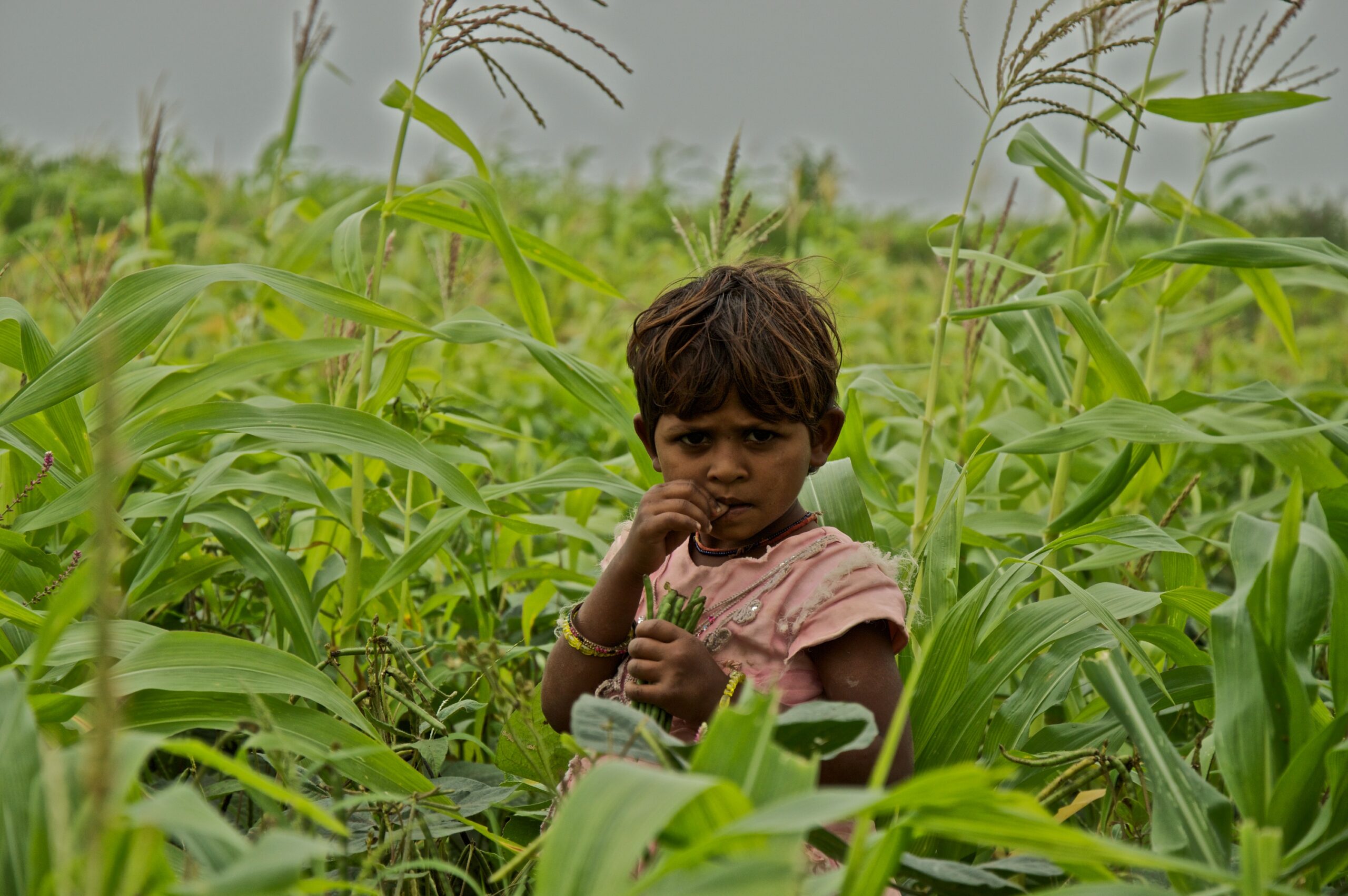One million children die each year from hunger. This statistic is staggering, but it is about to get much worse. Food and Agriculture Organization of the U.N (FAO) Director-General Jose Graziano De Silva warns that without emergency food aid over the next 6 months, “20 million people will starve to death in South Sudan, Somalia, north-eastern Nigeria, and Yemen.” Now, more than ever, there is a need for a robust U.S foreign food aid program.
Despite the crisis, the Trump administration is proposing to cut as much as 37% from the foreign assistance budget, an expense already less than 1% of the federal budget. Why? To increase U.S. military funding. But history has shown that increasing the defense budget alone is not sufficient for combatting national security threats.
On Monday, February 27th, over 120 retired generals signed a letter to Congress emphasizing the need for “strong civilian partners in the battle against the drivers of extremism.” Development organizations are needed to improve diplomacy and stabilization.
Although, the administration might not see the benefit of traditional development assistance in relation to national security, food aid is essential to fight global instability. Action Against Hunger is taking a lead role in this battle, much to the relief of the international development community and members of Congress.
Action Against Hunger estimates 795 million people live with food insecurity worldwide. Here are four reasons why global food security programs bolster U.S. national security and why Congress should sustain current funding. Food-insecurity is linked to:
1. Radicalization
Families plagued by food-insecurity are the most vulnerable to terrorist recruitment traps. Syrians and Iraqis living in ISIS-controlled areas have little alternative to enlisting with the militant group. The New York Times reports that “The Islamic State gives people one choice: Escape your poverty by fighting for us.” It is join or starve.
These radical cells that emerge are not isolated. In fact, they often look to the Western world with hatred and plot attacks on U.S. soil. Instability in the Middle East has contributed to the rise of ISIS.
2. Civil Unrest and Conflict
Food-related hardships often serve as a catalyst for conflict. Increases in food prices were a major trigger for the Arab Spring and resulting revolutions that spread across the Middle East and North Africa. In fact, in Egypt, the slogan of the revolution was to fight for “bread, freedom, [and] social justice.”
Conflict can also lead to food-insecurity, creating a vicious cycle. The United Nations University found that in 1993, the Sudanese government used hunger as a weapon, starving civilians into submission. In Somalia, Al-Shabab has completely taken over the distribution of emergency food-aid. The Sudanese government and Al-Shabab manipulate humanitarian crises to advance their own agenda and increase unrest in their region.
3. Migration of Refugees and Internally Displaced Persons (IDP)
Civil conflict and unrest, combined with natural disasters and food insecurity contribute to the refugee crisis. The UNHCR reports that since 2015 more than 65 million people have been displaced, the highest influx of refugees since World War II.
The accelerating refugee population strains neighboring countries, such as Jordan and Turkey, beyond their capacity. Conditions in the camps are dire. There is not enough running water and food is quickly becoming scarce. Lack of education and employment opportunities leaves a vacuum for radicalization. This is a major concern for U.S. national security.
4. High Economic Costs in the Long-run
We should invest now in foreign aid, so that we can spend less on the battlefield later. Diverting development funding to the military only increase the price of our national security when the U.S. is forced to delve knee-deep into multiple wars.
All four factors contribute to global insecurity. Even Congress has recognized this. The global food security act of 2016 was approved through bipartisan consensus, confirming that fighting food-insecurity was in the U.S. interest.
At a time when the world faces the potential for four simultaneous famines and is experiencing the greatest humanitarian and food security crises since the end of World War II, we should not allow shortsightedness to dominate our foreign policy strategies.
If the Trump administration still fails to understand the adverse effects of such a proposal, we must call on Congress to act. On behalf of Action Against Hunger, I urge you to call your Congressmen now and tell them to sustain current funding for foreign aid because food security is national security.

